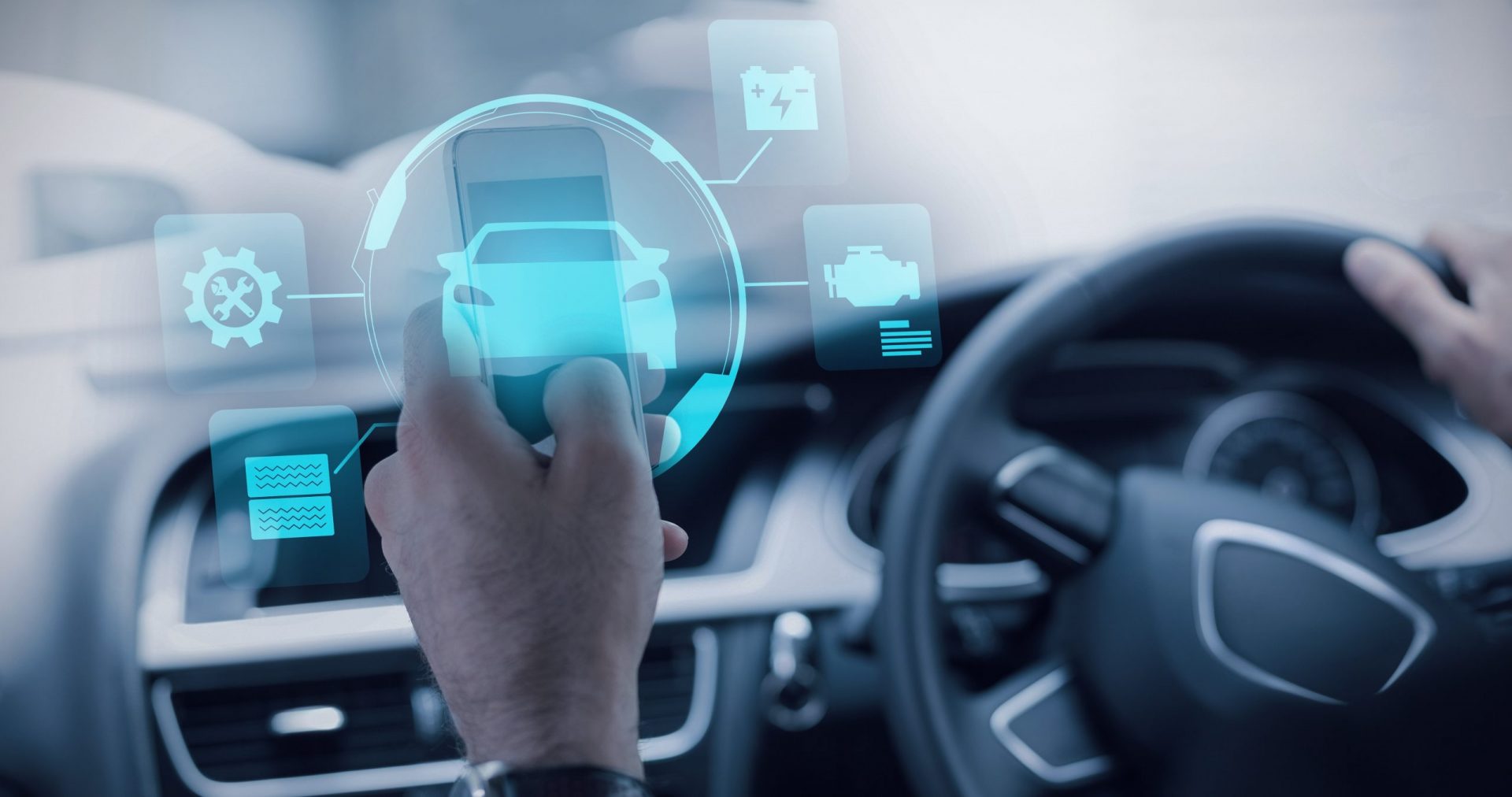Driving into the IoT Era Connected Cars Explained
What is a Connected Car?
At its core, a connected car is a vehicle equipped with technologies that allow it to communicate with the outside world and other devices. This connection is usually facilitated through an embedded cellular modem, Wi-Fi, or a combination of both. This connectivity enables a wide range of features and functionalities that go far beyond the traditional car experience. It’s not just about entertainment; it’s about safety, efficiency, and a whole new level of driver convenience.
Safety Features in Connected Cars
Safety is a major driver behind the adoption of connected car technologies. Features like automatic emergency braking (AEB), lane departure warning, and blind-spot monitoring are becoming increasingly common. But connected cars take safety further. They can communicate with other vehicles (V2V) and infrastructure (V2I), warning drivers of potential hazards ahead, even around blind corners or before an accident occurs. Real-time traffic updates and emergency services alerts are also readily available, ensuring faster response times in critical situations.

Infotainment and Connectivity
The entertainment aspect of connected cars is arguably the most immediately noticeable. Large touchscreens, smartphone integration (Apple CarPlay and Android Auto), and access to streaming services are now standard in many new models. Beyond entertainment, connected cars offer in-car Wi-Fi hotspots, allowing passengers to stay connected on the go. This also opens doors to features like over-the-air software updates, keeping the car’s systems up-to-date and enhancing its performance and functionality.
Remote Access and Control
Connected cars offer a level of remote access and control previously unimaginable. Through a dedicated app, owners can remotely lock and unlock their car, start the engine, check fuel levels, locate their vehicle, and even pre-condition the cabin temperature. This convenience extends to maintenance as well; diagnostic data can be transmitted remotely to mechanics, allowing for quicker troubleshooting and repairs. In some instances, remote diagnostics can even prevent significant issues from developing.
Data Collection and Privacy Concerns
The extensive data collection capabilities of connected cars raise legitimate privacy concerns. These vehicles collect a vast amount of information about driving habits, location, and even in-car conversations. While this data can be used to improve vehicle performance and safety, and to personalize user experiences, it’s crucial that manufacturers implement robust data security measures and transparent data usage policies to protect user privacy. Consumers should be aware of what data is being collected and how it’s being used.
The Future of Connected Cars: Autonomous Driving and Beyond
Connected car technology is paving the way for autonomous driving. The ability to communicate with other vehicles and infrastructure is essential for self-driving cars to navigate safely and efficiently. Beyond autonomous driving, we can expect further advancements in areas like personalized driver assistance, predictive maintenance, and the integration of connected cars into smart cities. The possibilities are vast, promising a future of safer, more efficient, and more convenient transportation.
Challenges and Limitations of Connected Car Technology
While the potential benefits are significant, challenges remain. Reliable cellular connectivity is crucial for many features, and coverage gaps can significantly




